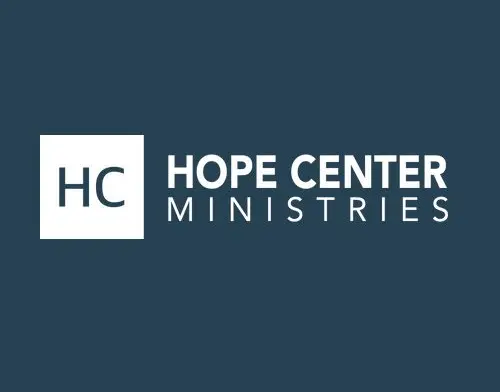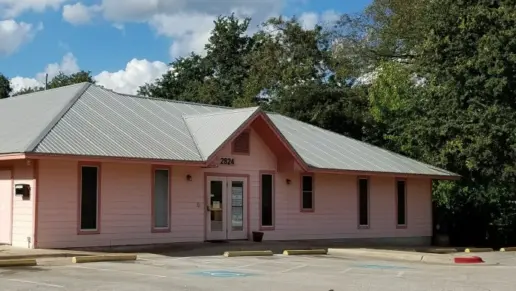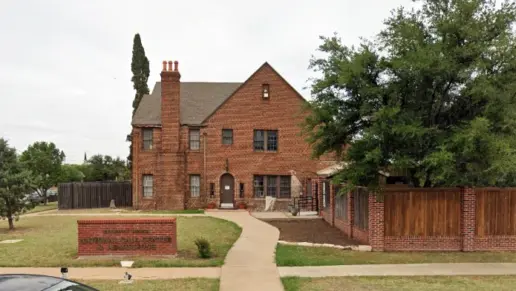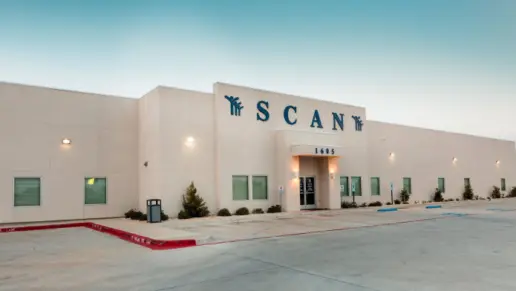This place is riddled with Covid & they steal the packages sent to their residents as well as their prescriptions ! They have addicts in charge of dispensing meds & there’s no proper lock on meds. They don’t feed or provide adequate water to their residents eithe ...
About Hope Center Ministries
Hope Center Ministries - Vernon Men's Center is a faith-based drug and alcohol rehab for adults located in Vernon, Texas. The center also provides critical community resources, church-based support, case management, and community referrals.
Addiction-related services offered at Hope Center Ministries – Vernon Men’s Center include mental health assessment and counseling, substance use disorder treatment, skill development, worship, and spiritual development.
Mental Health Assessment and Counseling
These assessments help to determine whether an individual exhibits symptoms of substance use disorder. The support team counsels individuals about the faith-based program.
Substance Use Disorder Treatment
Vernon Men’s Center provides substance use disorder treatment for individuals struggling with addiction and other behavioral problems through their phased, one-year Christian program. Activities include Christian worship, Bible study, pastoral care, chores, and fellowship. The program is for men aged 18 and older.
Skill Development
Each resident participates in skill development workshops that support their recovery, including mindfulness, relapse prevention, and movement.
Work
Program participants are required to participate in labor on the campus for several hours a day, most days of the week.
Christian Worship
Participants are required to study the Bible, attend church, and work on their spiritual development.
Latest Reviews
Rehab Score
Gallery
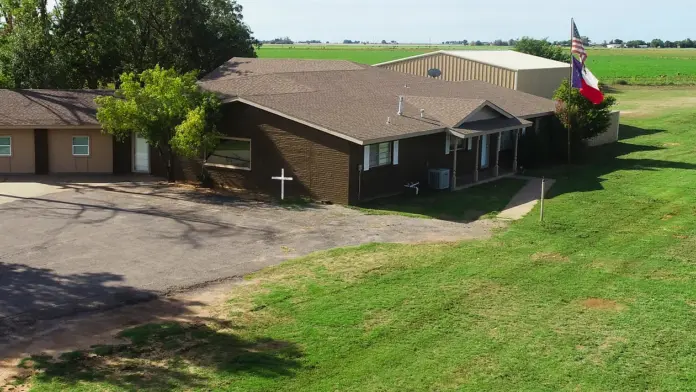
Location
Other Forms of Payment
Self-pay involves paying for treatment out of your own pocket. You can use savings or credit, get a personal loan, or receive help from family and friends to fund your treatment. If you don't have insurance or your insurance plan doesn't cover a specific program, self-pay can help ensure you still get the care you need.
Addiction Treatments
Levels of Care
Treatments
The goal of treatment for alcoholism is abstinence. Those with poor social support, poor motivation, or psychiatric disorders tend to relapse within a few years of treatment. For these people, success is measured by longer periods of abstinence, reduced use of alcohol, better health, and improved social functioning. Recovery and Maintenance are usually based on 12 step programs and AA meetings.
During rehab in Texas, you'll deal with underlying issues that contribute to addiction. By addressing these challenges and learning healthy ways to cope with them, you'll develop strategies that help you live a drug-free lifestyle.
Opioid rehabs specialize in supporting those recovering from opioid addiction. They treat those suffering from addiction to illegal opioids like heroin, as well as prescription drugs like oxycodone. These centers typically combine both physical as well as mental and emotional support to help stop addiction. Physical support often includes medical detox and subsequent medical support (including medication), and mental support includes in-depth therapy to address the underlying causes of addiction.
Substance rehabs focus on helping individuals recover from substance abuse, including alcohol and drug addiction (both illegal and prescription drugs). They often include the opportunity to engage in both individual as well as group therapy.
Programs



Clinical Services
Group therapy is any therapeutic work that happens in a group (not one-on-one). There are a number of different group therapy modalities, including support groups, experiential therapy, psycho-education, and more. Group therapy involves treatment as well as processing interaction between group members.
In individual therapy, a patient meets one-on-one with a trained psychologist or counselor. Therapy is a pivotal part of effective substance abuse treatment, as it often covers root causes of addiction, including challenges faced by the patient in their social, family, and work/school life.
Research clearly demonstrates that recovery is far more successful and sustainable when loved ones like family members participate in rehab and substance abuse treatment. Genetic factors may be at play when it comes to drug and alcohol addiction, as well as mental health issues. Family dynamics often play a critical role in addiction triggers, and if properly educated, family members can be a strong source of support when it comes to rehabilitation.
Life skills trainings involve all the skills a person must have in order to function successfully in the world. These include time management, career guidance, money management, and effective communication. Truly successful addiction recovery is based on the ability to not only live substance-free, but to thrive. Life skills teaches the practical necessities of functioning in society, which sets clients up for success in life, and therefore sobriety.
Recreational therapy (aka therapeutic recreation) uses creative and fun activities to help with addiction recovery. Recreational therapists lead patients in entertaining and engaging activities like sports or games; art (drawing, painting, sculpture); drama, music, and dance; and/or community outings (field trips) to improve patients' physical, social, and emotional well-being.
Amenities
-
Residential Setting
-
Private Rooms
Contact Information
9583 US-70 S
Vernon, TX 76384
